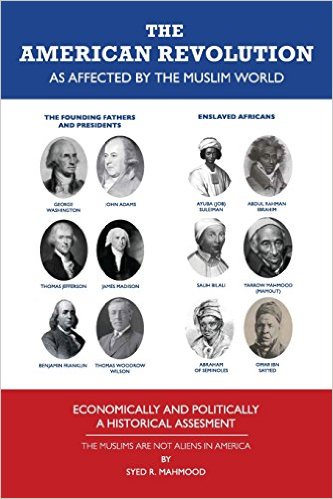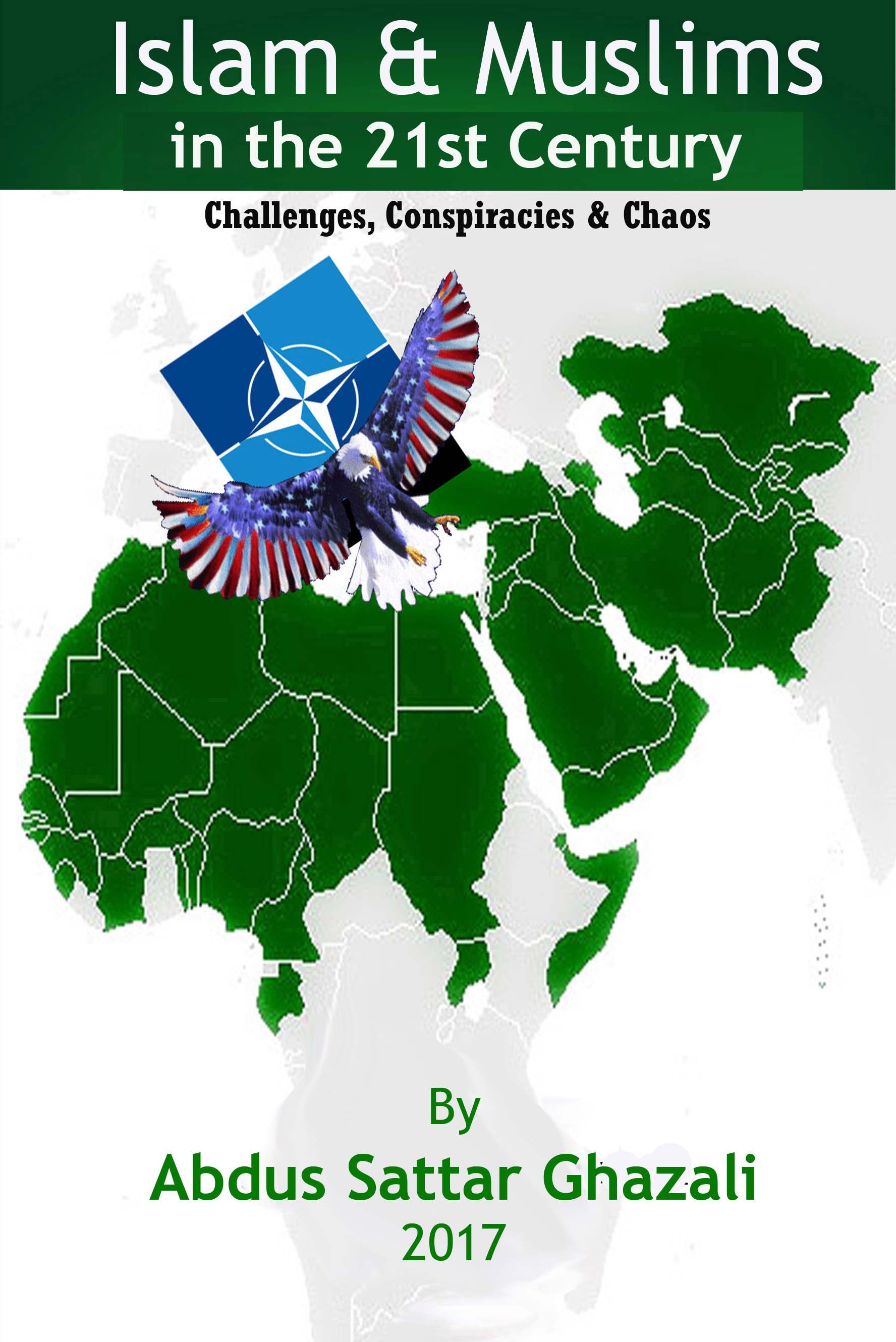December 9, 2020
264 detained in nationwide operations against FETÖ members in Turkey
By Abdus Sattar Ghazali
More than four and half years after the abortive coup against President Recep Tayyip Erdogan, Turkish security forces continue arrest of supporters of the so-called Gülenist Terror Group (FETÖ) and its US-based leader Fetullah Gulen who allegedly orchestrated the coup attempt.
Turkish security forces detained 264 suspects on Tuesday in operations across the country against the Gülenist Terror Group (FETÖ), according to Daily Sabah. In one of the biggest operations against the terrorist group, 204 suspects were detained in Izmir and 49 in other provinces.
FETÖ faces operations almost on a daily basis as the country stepped up a clampdown on the group following the July 15, 2016 coup attempt it carried out through its military infiltrators, the Daily Sabah reported.
Suspects captured in operations based in Izmir were among 304 wanted by the Chief Prosecutor’s Office in the province, and a manhunt was underway to capture the others. Those with arrest warrants were mostly soldiers and 295 among them were active-duty soldiers.
They were identified through their communications with the terrorist group’s handlers via payphones. Payphones were a common method employed by FETÖ to avoid detection. Former members of the group captured in earlier operations have confessed that the handlers would regularly contact them via payphones and arrange secret meetings.
Authorities said suspects with arrest warrants were serving in the army and air force and included five colonels, officers with lower ranks and civilians who served as their handlers. They also said that this was one of the largest operations of its kind against the group’s military infiltration scheme.
Izmir Police Chief Hüseyin Aşkın told reporters that this was the fourth large-scale operation in the province against FETÖ. “It was the result of a lengthy, meticulous investigation,” he said.
Since the abortive putsch, some 80,000 people have been held pending trial and about 150,000 civil servants, military personnel and others sacked or suspended, according to Reuters. More than 20,000 people had been expelled from the Turkish military.
According to Mustafa Akyol, a Senior Fellow at the Washington-based Cato Institute, in Turkey there is almost a national consensus that the Gulenists were, at least, the main component of the coup. This consensus is shared by all opposition parties, along with many secularists, leftists or liberals who are bitterly opposed to Erdogan on most other issues.
"The very fact that Gulen is based in the United States made many Turks assume that the Gulenists could not have launched a coup on their own. This deep distrust, amplified by Washington's support for Kurdistan Workers Party-affiliated Kurdish militia in Syria, boosted anti-Americanism in Turkey," Akyol says adding: That should make it easy to understand why Turkey has bought and deployed S-400 missiles from Russia, despite all the objections from Washington.
What is the Gulen Movement?
Since the 1970s, Gulen and his followers have slowly built up a network of educational institutions, non-governmental organizations and businesses that started in Turkey, spread to Central Asia, and now is entrenched in every continent but Antarctica. This network is called the Gulen Movement.
According to Turkish Invitation website, by November 2012, there were Gulen group run schools were established in as many as 120 countries.
It is extremely secretive, and many of its members (the "Gulenists") and organizations will not even openly admit their affiliation. Publicly, the Gulen Movement advertises itself as a grassroots volunteer civil society movement that is interested only in humanitarian and educational works. Its members like to stress that it is loosely organized with no central coordination.
Outside of Turkey, the network of Gulen schools has been rapidly expanding all over the world, and around 1999 the Gulenists began to establish publicly-funded charter schools in the United States, where they already had a small number of private schools.
In September 2010, a respected former police chief named Hanefi Avci wrote a best-selling book about how the Gulen Movement has infiltrated Turkish institutions and stealthily taken over the state. Not long after this book appeared, Avci was arrested. It is widely believed that the charges against him are false, and that the underlying reason for the arrest was retaliation for this book.
Gulen and his schools have been controversial not only in Turkey, but also in Central Asia , Europe , and now the United States as well.
The doctoral dissertation of Mustafa Gokhan Sahin, who has several Gulenist affiliations, contains references to US support for the Gulen Movement's activities outside of Turkey. Here are two quotes from his dissertation (boldface added):
"For many in Turkey this was exporting 'Turkish Model' to a region [Central Asia] which was under Iranian and Wahhabi influence. In policy circles, especially with U.S. support, the Turkish model of a secular state with a moderate pro-western Islam was the most highly regarded alternative. The international support for the Turkish Model also contributed to the expansion of the Gulen community in the region without any impediment until suspicion and resistance replaced the 'cautious acquiescence of Russia' and some other Central Asian states. At times the activities of the movement was [sic] considered too proAmerican, and schools run by Gulen community both in Russia and Uzbekistan were closed by the state in late 2000."
What is Fethullah Gulen?
In an article with the above title Germany-based American writer Frederick William Engdahl provides incite into Fethullah Gulen life:
When Gulen fled to Pennsylvania in 1999, Turkish prosecutors demanded a ten-year sentence against him for having "founded an organization that sought to destroy the secular apparatus of state and establish a theocratic state."
At that time the US Government's Department of Homeland Security and the US State Department both opposed Gulen's application for what was called a "preference visa as an alien of extraordinary ability in the field of education."
They presented arguments demonstrating that the fifth-grade dropout, Fethullah Gulen, should not be granted a preference visa.
However, over the objections of the FBI, of the US State Department, and of the US Department of Homeland Security, three former CIA operatives intervened and managed to secure a Green Card and permanent US residency for Gulen.
The three CIA people supporting Gulen's Green Card application in 2007 were former US Ambassador to Turkey, Morton Abramowitz, CIA officials George Fidas and Graham E. Fuller.
In 2008, shortly after he wrote a letter of recommendation to the US Government asking to give Gulen the special US residence visa, Fuller wrote a book titled The New Turkish Republic: Turkey as a Pivotal State in the Muslim World. At the center of the book was praise for Gulen and his "moderate" Islamic Gulen Movement in Turkey:
"Gulen's charismatic personality makes him the number one Islamic figure of Turkey. The Gulen Movement has the largest and most powerful infrastructure and financial resources of any movement in the country" The movement has also become international, by virtue of its far-flung system of schools"in more than a dozen countries including the Muslim countries of the former Soviet Union, Russia, France and the United States."
During the 1990s, Gulen's global political Islam Cemaat spread across the Caucasus and into the heart of Central Asia all the way to Xinjiang Province in western China, doing precisely what Fuller had called for in his 1999 statement: "destabilize what remains of Russian power, and especially to counter the Chinese influence in Central Asia."
By the mid-1990s, more than seventy-five Gulen schools had spread to Kazakhstan, Tajikistan, Azerbaijan, Turkmenistan, Kyrgyzstan, Uzbekistan, and even to Dagestan and Tatarstan in Russia amid the chaos of the post-Soviet Yeltsin era.
Gulen never left the United States after that, curiously enough, even though the Erdoğan courts later cleared him in 2006 of all charges. His refusal to return, even after being cleared by a then-friendly Erdoğan AKP government, heightened the conviction among opponents in Turkey about his close CIA ties, Frederick William Engdahl argues.
Abdus Sattar Ghazali is the Chief Editor of the Journal of America (www.journalofamerica.net) email: asghazali2011 (@) gmail.com

The Journal of America Team:
Editor in chief:
Abdus Sattar Ghazali
Senior Editor:
Prof. Arthur Scott
Special Correspondent
Maryam Turab
Your donation
is tax deductable.



